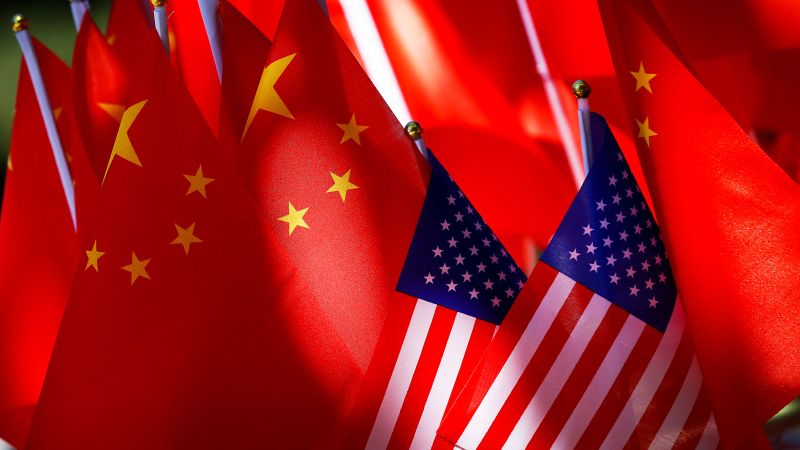In a significant development regarding the trade relationship between China and the United States, recent statements from Beijing indicate a potential shift in tone. The Chinese government has announced that it is “currently assessing” proposals from the United States to initiate trade talks. This notable change in rhetoric may pave the way for future negotiations, suggesting that both parties could be inching towards reconciling their differences.
On a Friday statement, a spokesperson for China’s Commerce Ministry articulated that the United States has been proactive in sending multiple messages through various channels, expressing a desire to start discussions. This admission carries weight, as it implies a serious consideration of dialogue on China’s part. The spokesperson’s declaration marks a departure from the previously entrenched position adopted by Beijing, which has maintained a defiant stance amidst the escalating tensions primarily stemming from the tariff war initiated during President Donald Trump’s administration.
The tensions between the two nations have been palpable and persistent, particularly as Trump has frequently asserted that his administration has been engaging in talks with Chinese officials to finalize a trade deal. However, these claims have often been met with overt denials from the Chinese side, further complicating the landscape of international trade and diplomacy between the two economies. The recent remarks from Beijing, acknowledging the potential for negotiations, could indicate that the Chinese government is beginning to explore paths toward compromise, despite the long-standing animosity and distrust.
Yet, it is crucial to note that while China has shown a willingness to consider negotiations, the country has also reaffirmed that certain preconditions must be fulfilled before any meaningful dialogue can take place. A key part of this stipulation includes a request for the United States to demonstrate “genuine sincerity.” Specifically, the spokesperson emphasized the need for the U.S. to acknowledge its previous actions, notably the unilateral escalation of tariffs, and to take steps to rectify these decisions. The comment reflects China’s stance that any negotiations should be predicated on demonstrating mutual respect and accountability for past actions.
The stakes in this evolving situation are substantial, considering the vast economic relationship between the two superpowers. As both countries are integral players in the global economy, any significant shifts in their trade policies can have ripple effects worldwide. The recent increases in tariffs have been staggering; President Trump implemented a staggering 145% tariff on Chinese imports, creating significant challenges for Chinese businesses aiming to sustain their operations in the U.S. market. In retaliation, Beijing has raised tariffs on American goods to 125%, illustrating a tit-for-tat escalation that underscores the potential for further conflict if negotiations do not proceed amicably.
Ultimately, the ongoing developments in U.S.-China trade relations will be closely monitored, as the two countries navigate the complexities of diplomacy and economic cooperation. The situation remains fluid, and further updates are expected as both sides assess their positions and determine the viability of moving forward with formal negotiations. In this context, it is crucial for analysts and observers to remain vigilant, as decisions made in the coming days and weeks could have profound implications for both nations and the global economy at large. In any case, the assertion from China regarding its evaluation of U.S. proposals signals a possible thawing of relations, suggesting that dialogue may not be as elusive as it once seemed.



